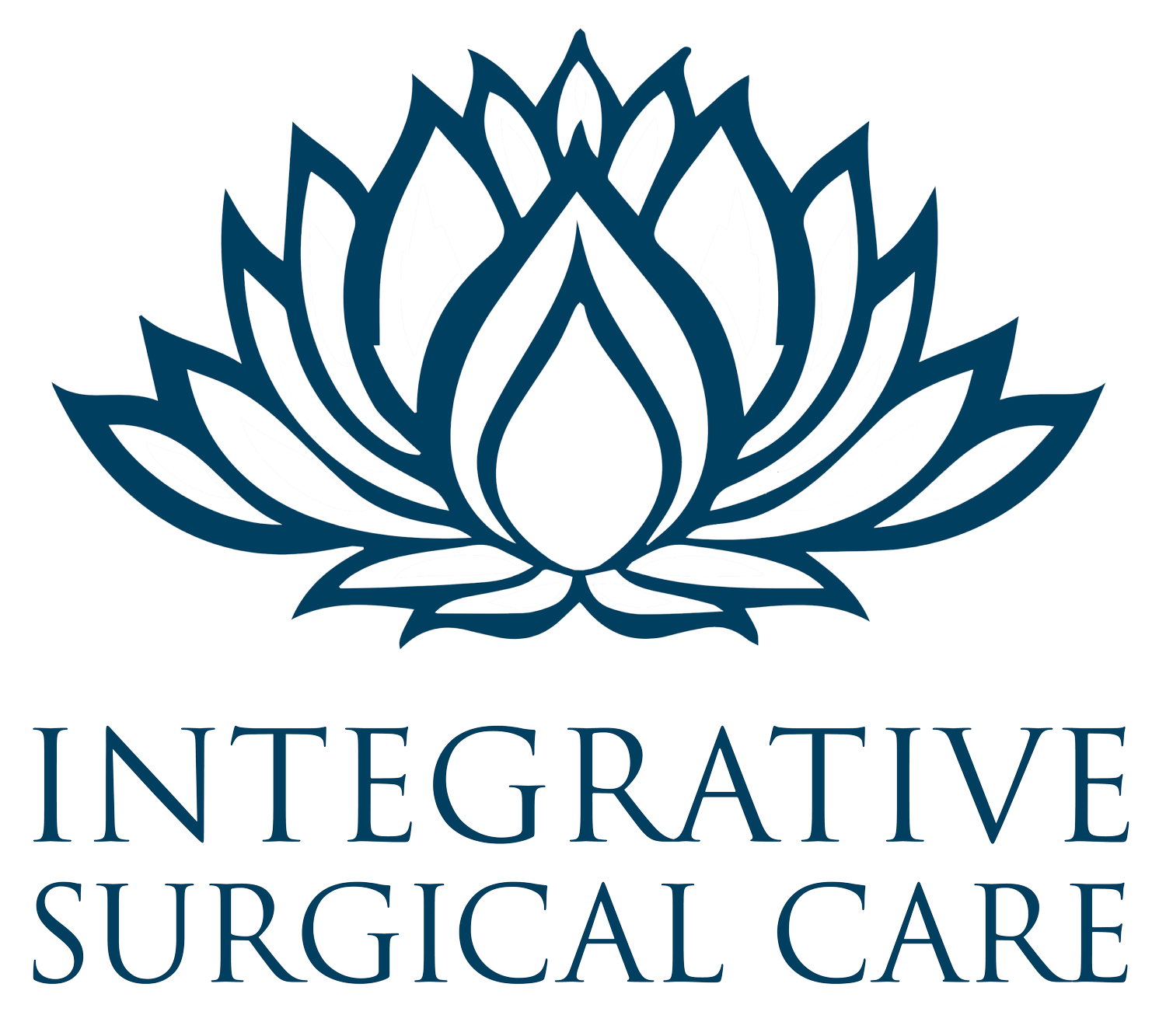Finding Strength in Self-Compassion will Accelerate Healing
For whatever reason, American society has decided that we need to be tough and deny ourselves the compassion we are due when under stress.. Well, guess what? THAT DOESN’T WORK especially when we are faced with surgery, cancer, or a significant injury. There is plenty of research showing that self-compassion (not to be confused with self-pity) is incredibly helpful during times of personal struggle. Life is most often a range of hard times. Let’s acknowledge the impact it has on us and conquer it!
What is the definition of self-compassion?
Self-compassion is not self-pity. Kristin Neff PhD, university professor and expert on this with a great website www.self-compassion.org, defines this as being kind and understanding towards your failings. This would include the need for surgery, the way that surgery stresses you, the changes it has made to you, etc. So many of us are quick to judge our own reactions more severely than we would ever judge our friends and loved ones. The trick here is to turn those compassionate feelings for others on yourself. If it is that simple, why is is so hard to do?!?!?!
Professor Neff defines three elements: being kind to yourself, knowing that you are not isolated and alone in your suffering but part of humanity, and being mindful of our emotions so we don’t put too little or too much emphasis on them.
Why is it important in surgery patients?
Surgery is really hard on the patient. It just is. Physically, emotionally, and spiritually. Even if it is “good surgery” there are risks being taken. There’s plenty of research showing that quality of life in those with chronic illness and cancer have significant improvement in their lives when they stop beating themselves up for feeling the weight of their situation and start loving themselves with compassion. There is also evidence that pain is better tolerated. For some reason, loving yourself doesn’t come naturally, but we can be taught.
How to start learning self-compassion
While it may feel a little strange to comfort yourself like you would someone else (talk kindly to yourself, give yourself a hug) also consider how weird it is that you are going to let someone operate on you. It really is a crazy thought. So let’s put any stigmas and weird feelings aside and take care of ourselves already.
Acknowledge that inner voice criticizing you.
Instead of fighting the emotions or over emphasizing them, sit in a quiet space and allow yourself to feel every bit of them.
Literally, start talking to yourself in the same kind way that you would comfort a friend. Almost pretend that there’s the “comforting you” and the “suffering you” and they can speak to each other.
Write yourself an encouraging comforting letter.
Treat yourself to self care.
Guided meditations
Because there are so many ways to show yourself compassion while going through the surgical experience, I am confident that you can find a way that suits your needs. Personally, I like guided meditations and acknowledging those tough emotions. Instead of beating myself up, these methods of handling the harder parts of life make those hard parts way easier on me. In fact, I function better now than I did before learning about this.
Self-compassion is a great tool for improving your surgical wellness. Check out the “Self-Reflection” questions I have put together for any surgical patient to learn which elements of surgical wellness he/she/it/they needs attention.
